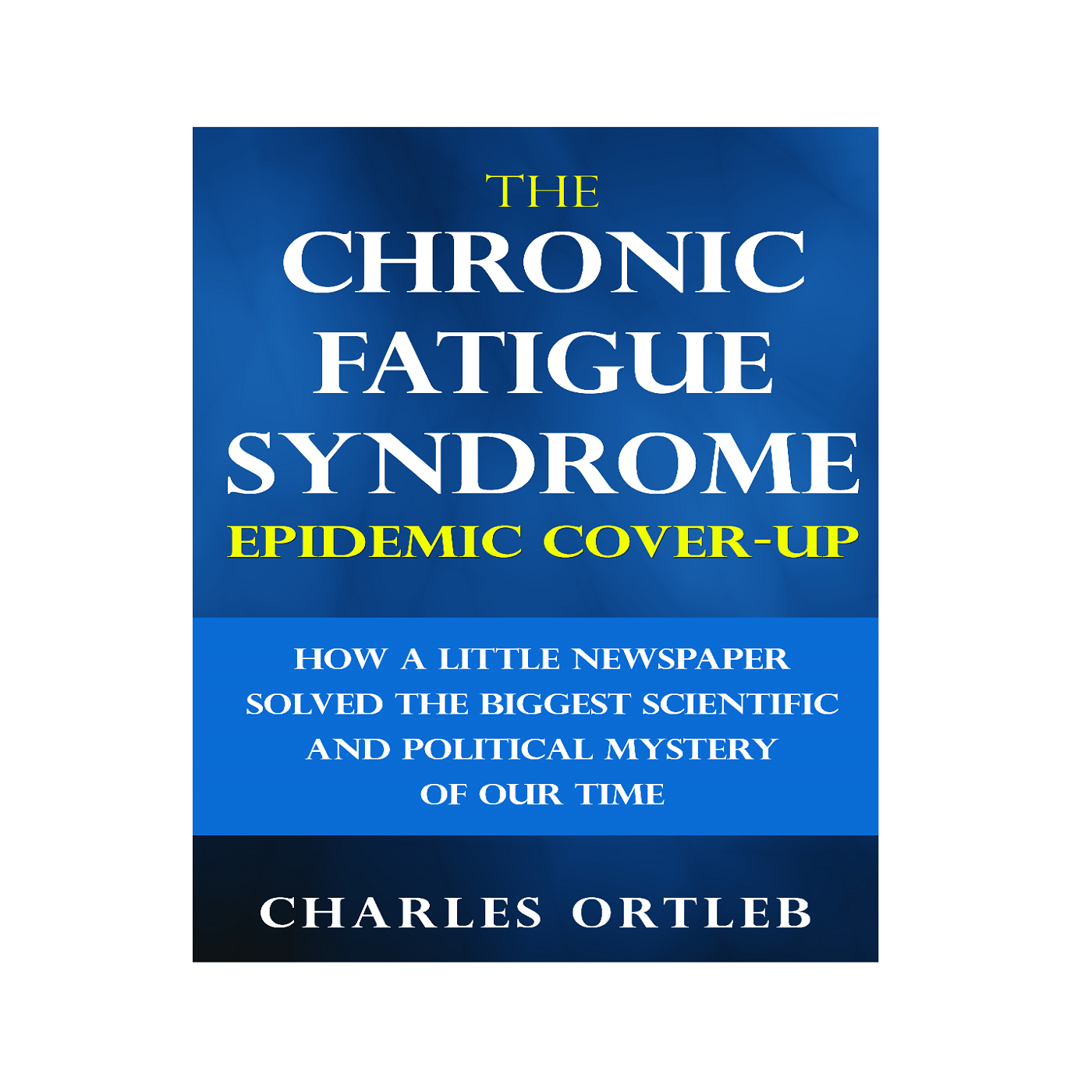Episodes
Monday May 05, 2025
Monday May 05, 2025
Thursday May 01, 2025
"The Voice," a new Musica Amente song created with Suno A.I.
Thursday May 01, 2025
Thursday May 01, 2025
Wednesday Apr 23, 2025
"On Trial" a new song from Musica Amente
Wednesday Apr 23, 2025
Wednesday Apr 23, 2025
Friday Apr 18, 2025
Friday Apr 18, 2025
Monday Apr 14, 2025
Rebecca Culshaw Smith exposes the bogus nature of early AIDS research.
Monday Apr 14, 2025
Monday Apr 14, 2025
Monday Apr 14, 2025
Perplexity A.I. discusses Musica Amente
Monday Apr 14, 2025
Monday Apr 14, 2025
Tuesday Apr 08, 2025
Tuesday Apr 08, 2025
Friday Mar 28, 2025
Friday Mar 28, 2025
Wednesday Mar 26, 2025
Saturday Mar 22, 2025
Two Songs for a Lost Friend
Saturday Mar 22, 2025
Saturday Mar 22, 2025
These two Musica Amente songs, written for a friend who died recently, were composed with the help of Suno. A.I. But I wrote all the lyrics.
Version: 20241125

